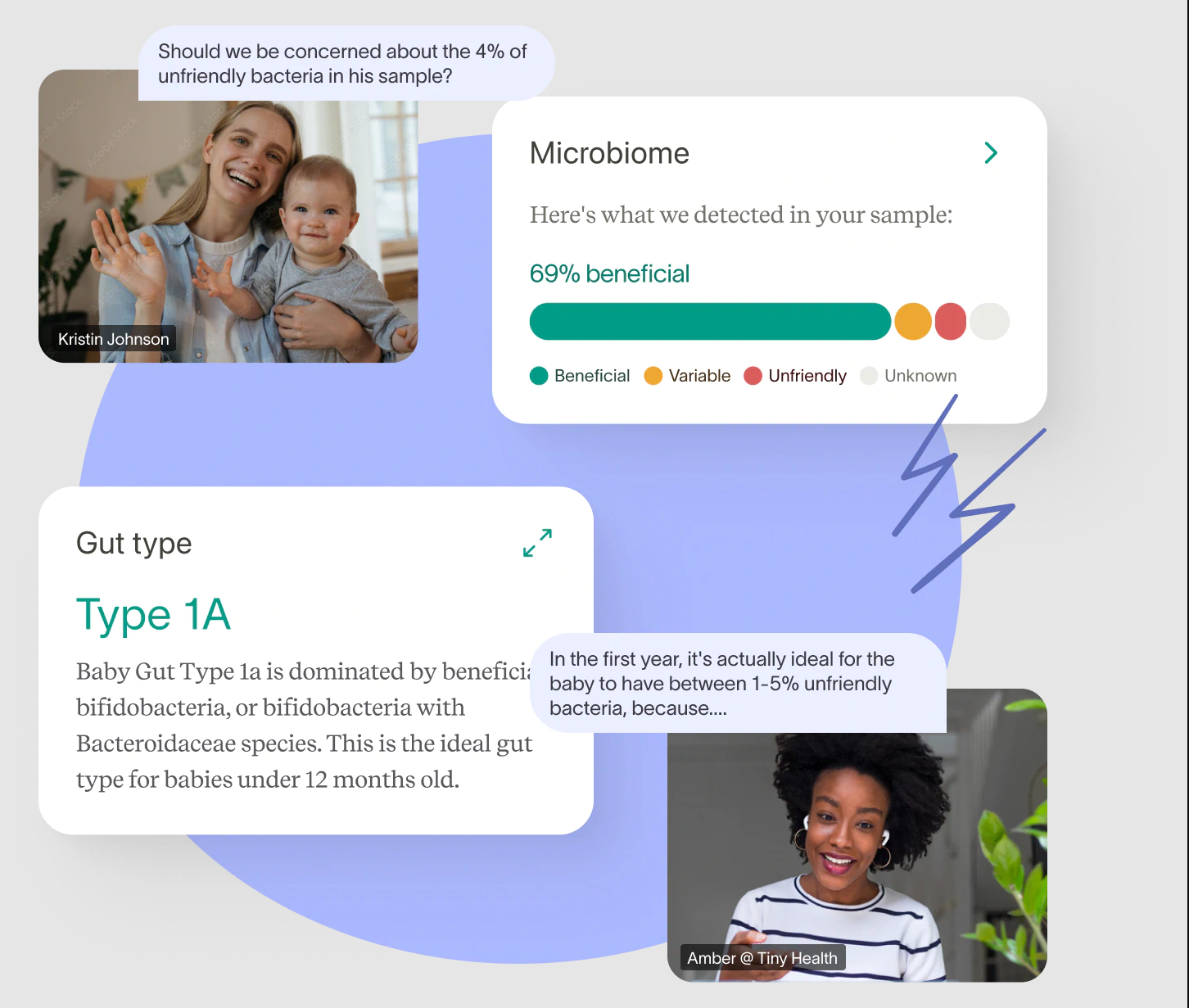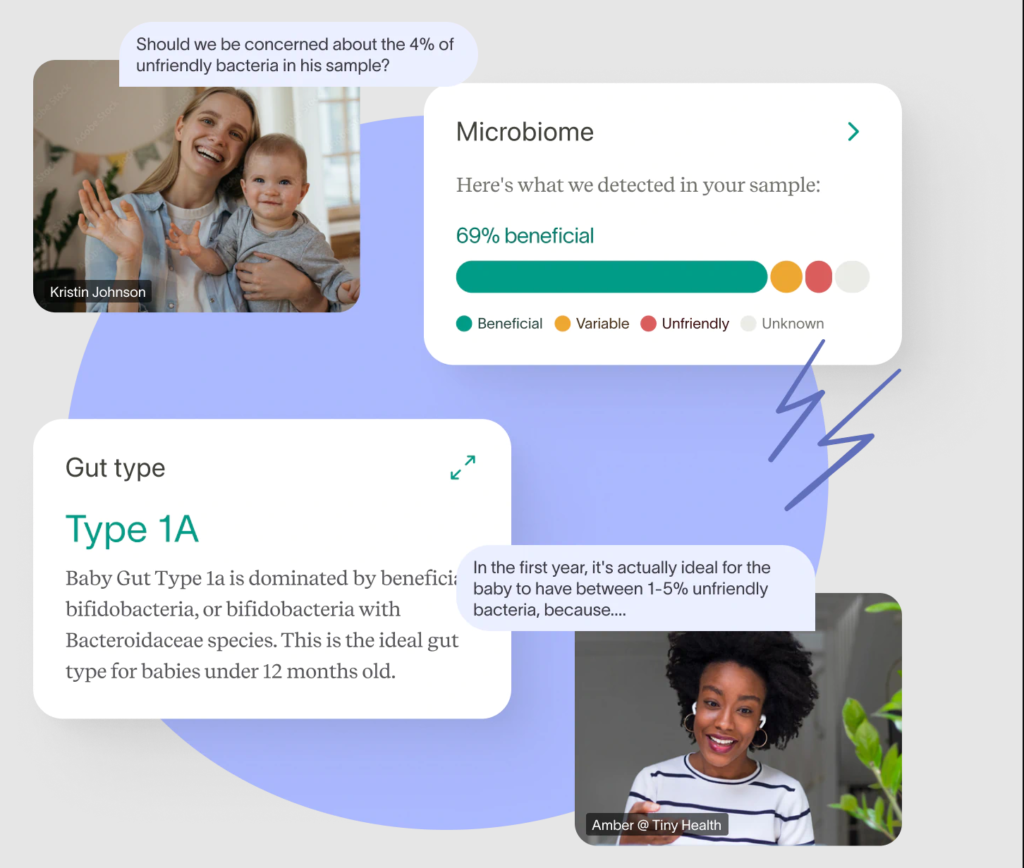
What You Should Know:
- Astarte Medical, a leading pediatric clinical intelligence company, is forming a joint venture with Tiny Health,makers of gut microbiome tests for babies and expecting parents.
- The partners have agreed to develop a clinical-facing technology solution to support gut health for preterm and critically ill infants receiving care in the neonatal ICU.
Technological Advances to Improve Neonatal Outcomes
By combining Astarte Medical’s proprietary NICUbiomeTM dataset and NICUtrition EMR-integration platform with Tiny Health’s deep shotgun metagenomics sequencing and functional profiling expertise and capabilities, providers will be able to identify and stratify risks, as well as monitor the gut health of preterm babies.
“Nutrition for preterm infants is guided by two main factors: a baby’s age and weight. Today, technology allows us to measure and compare thousands of gut profiles, which can directly inform how we treat babies during the extremely formative first 1,000 days,” said Astarte Medical Chief Executive Officer Tracy Warren. “This partnership forms the basis of evidence-based precision nutrition care models for clinicians leveraging NICUtrition(R), with the goal to deliver more effective feeding to preterm babies to improve their growth, neurodevelopment and long-term immune health.”
In the U.S., 40% of school-aged children have at least one chronic health condition such as asthma, obesity, or eczema. Tiny Health is pioneering microbiome science for early-stage development, identifying and mitigating health risks before and after birth. The company’s gut test is the first and only test tailored by age that screens for 120,000 bacteria, viruses, fungi and parasites – microbes that can help or harm a premature baby’s development. n a previous multi-center microbiome study, Astarte Medical identified six gut community types among nearly 300 preterm infants born under 34 weeks gestational age. These gut community types, or ‘NutriTypes’, can serve to identify vulnerable infants for adverse events, such as growth faltering or necrotizing enterocolitis, as well as advise on the use of clinical interventions, such as probiotics, micro and macronutrients.

